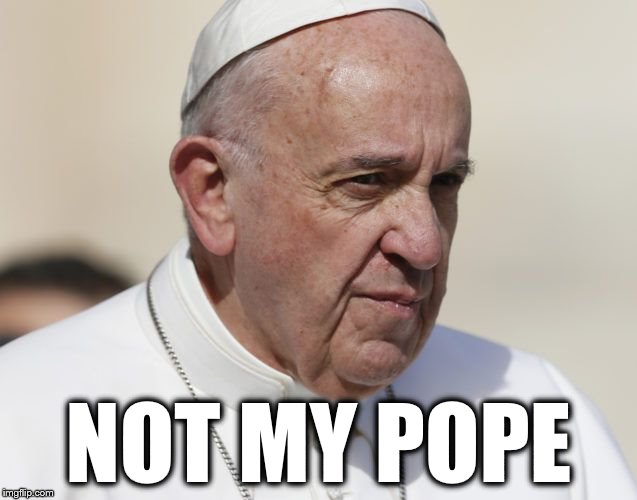flacaltenn? F's authority can't do jack about information disseminated in three dimensions. Please spare us from the fascist arrogance and Nazi book-burnings. #149 still does not escape critique simply by distancing from the Pope.
Slavoj Zizek thought he would attempt to rescue xianity's pathology with his book, The Fragile Absolute, where he attempts to synthesize Marxism with Christianity. Because it is complicated, what we get at USMB are youngsters wet behind the ears and incapable of comprehending single paragraphs before whining out, crying out in agony.
As we critique Marx and Zizek, Derrida's was the original from which Zizek draws his argument.
' "In religion people make their empirical world into an entity that is only conceived, imagined [zu einem nur gedachten vorgestellen Wesen], that confronts them as something foreign [das ihnenfremd genenuebertritt]. This again is by no means to be explained from other concepts, from 'self-consciousness' and similar nonsense, but from the entire hitherto existing mode of production and intercourse, which is just as independengt [unhabhaengig] of the pure concept as the invention of the self-acting mule [in English in the text] and the use of railways are independent of Hegelian philosophy. If he wants to speak of an 'essence' of religion, i.e., of a material basis of this inessentiality, [d.h von einer materiellen Grundlage. diese Unwesen], then he should look for it neither in the 'essence of man' [im 'Wesen des Menschen'] nor in the predicates of GHod, but in the material world which each stage of religious development finds in existence (cf. abover Fuerbach). All the 'specters' which have filed before us [die wir Revue passieren liessen] were representations internal to consciousness, as thoughts in people's heads, transferred from their objectality [Gegenstaendlichkeit] back into self-consciousness, are obsessions [der Sparren] or (fixed ideas [italics]).'
If one follows the letter of (Marx's) text, the critique of the ghost or of spirits would thus be the critique of a subjective representation and an abstraction, of what happens (in the head [it.]), of what comes only out of the head, that is, of what stays there, in the head, even as it has come out of there,out of the head, and survives (outside the head [it.]). But nothing would be possible, beginning with the critique, without the surviving, without the possible survival of this autonomy and this automatism outside the head. One may say that this is where the spirit of the Marxist critique situates itself, not the spirit that one would oppose to its letter, but the one which supposes the very movement of its letter. Like the ghost, it is neither in the head nor outside the head. Marx knows this, but he proceeds to as if he did not want to know it.'
(Derrida, Specters of Marx)
That is why xianitys' theft is shown by the law against adultery: in or outside the head, you have sinned. Nuts.


